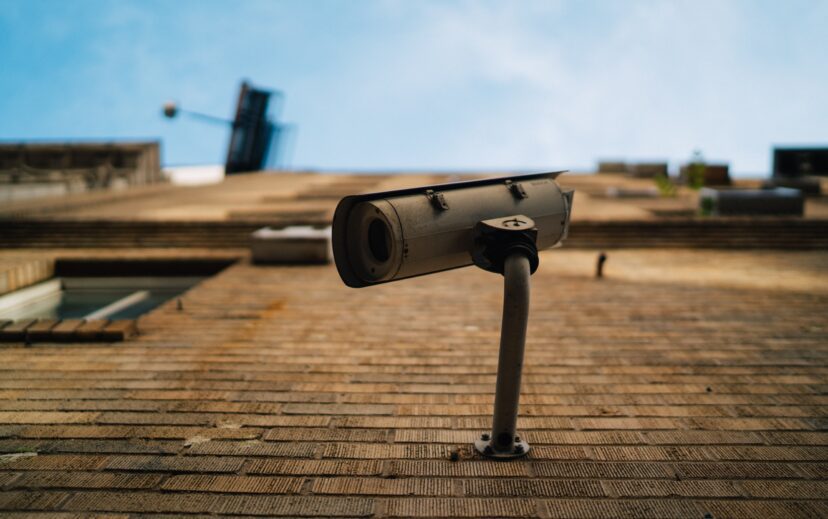In New York, there are several ways to protect your name, image and likeness. New York’s Civil Rights Laws §§ 50 and 51 arm individuals with a cause of action to protect their identity from being used commercially without authorization. While these laws do not protect all possible right of privacy claims, the laws can offer relief in many instances.
What Are the Different Invasion of Privacy Claims?
Under §§ 50 and 51, there are four main types of privacy claims. These include the following:
- Intrusion upon seclusion – Intentionally intruding either physically or through electronic surveillance on another’s private space.
- The public disclosure of private facts – Disclosing the private facts of a person’s life that are not commonly known on public channels such as on a blog, website, comment or while speaking to others.
- Publicity that unreasonably places the other in a false light before the public – An assertion made to the public at large in a way that misleads the public to believe something is highly offensive.
- Misappropriation – Unauthorized appropriation of someone’s name, photo, likeness or voice for financial gain.
Notably, New York only recognizes statutory rights of privacy and does not have a statutory right for claims of unreasonable publicity given to another’s private life, unreasonable intrusion upon seclusion or publicity that unreasonably places another in a false light. Additionally, New York does not recognize common law privacy rights for any claims including invasion of privacy, intrusion upon seclusion, public disclosure of private facts or false light.
What is the Law in New York?
According to N.Y. Civil Rights Law § 50, it is a misdemeanor for someone to use “the name, portrait or picture of any living person” for commercial use without that person’s written consent. New York Courts narrowed the scope of this statute such that it is applicable only to nonconsensual, commercial appropriations of a living person’s likeness. For example, in Greene v. Paramount Pictures Corp., 138 F. Supp 3d 226 (E.D.N.Y. 2015), the plaintiff was involved in the real events that were depicted in the film The Wolf of Wall Street. The plaintiff claimed that a fictional character in the film resembled him, which was invasion of privacy. The court dismissed the claim because the film did not use the plaintiff’s name, portrait or picture.
NY Civil Rights Law § 50 additionally requires that the violation occur within New York state, regardless of where the victim and perpetrator reside. However, if the violation occurs on the Internet, an out of state defendant could bring an action in New York.
What Do I Have to Prove to Assert a Misappropriation Claim?
For a successful misappropriation claim, NY Civil Rights § 51 requires that you allege several elements. A plaintiff must allege that:
(1) the Defendant used the living plaintiff’s name, portrait, picture, or voice;
(2) for commercial purposes like advertising or trade; and
(3) did so without their written consent.
It is important to keep in mind that not every use of one’s name, portrait, picture or voice are protected by the law.
Can My Name Be Misappropriated?
Names are non-exclusive and it is likely that fictious characters will have the name of a real person. Therefore, the simple use of someone’s name is not sufficient to violate § 50 and there is typically no cause of action for incidental or isolated uses of someone’s name. If someone’s full name, nickname, or stage name unmistakably identify the person, the law can provide protection. Gardella v. Log Cabin Products Co., 89 F. 2d 891 (2nd Cir. 1937). Otherwise, names that cannot be clearly attributed to one person are not protected by the law.
As seen in Greene v. Paramount Pictures Corp., there is no protection if a fictitious name is used even if the depiction evokes characteristics of the person or can identify the person by referring to an external source.
Can My Portrait or Pictures Be Misappropriated?
To have an actionable claim for the misappropriation of someone’s image, there cannot be any room for doubt of the identity of the person in the portrait or picture. This means that not every recognizable likeness can qualify as one’s portrait or picture for action under §§ 50 and 51. Rather, the plaintiff must show not only was their image used, but that someone can identify the plaintiff from the likeness. Additionally, the law does not protect a look-alike, and a claim only exists if the defendant intended to appropriate the likeness of the Plaintiff.
Is Reporting News a Commercial Purpose?
Prohibiting the appropriation of someone’s likeness while reporting newsworthy events or for reporting issues that are in the public’s interest would violate the First Amendment rights of free speech and free press. As such, courts have concluded these uses are non-commercial. Therefore, New York law does not allow for a cause of action for uses of one’s name, image and likeness in a factual account in print or film.
Does New York Extend a Right of Publicity to Deceased Persons?
As of 2021, NY Civil Rights § 50-F provides for a transferrable or descendible right of publicity for deceased persons. Therefore, if someone commercially uses the “name, voice, signature, photograph or likeness” of a deceased person without the consent of the deceased person’s estate, the person using the deceased person’s name, voice, signature, photograph or likeness will be liable for any damages endured. With the enactment of § 50-F, New York joined twenty-three other states—including California and Florida—that recognize a post-mortem right of publicity.
What Relief Am I Entitled to If I Have a Successful Claim?
NY Civil Rights Law § 51 provides for injunctive relief, meaning that the defendant would be obligated to cease the misappropriating use. Additionally, § 50 allows for a jury to award monetary damages to parties injured.
If you believe you have a claim under New York privacy laws, you should contact an experienced attorney.

